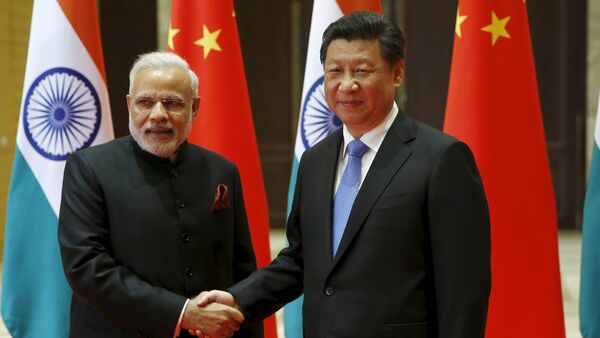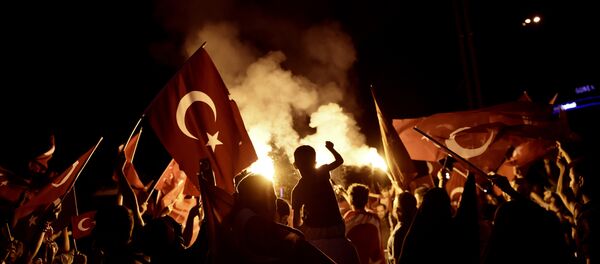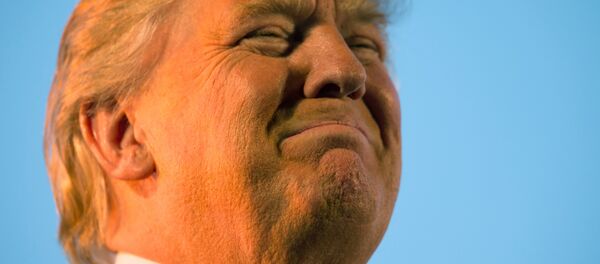The journalists must leave India by July 31. The three reporters who were banned from India include Wu Qiang who heads Xinhua’s bureau in New Delhi and Lu Tang who manages the Mumbai headquarters. A third journalist, She Yonggang based out of Mumbai was also evicted.
The Hindu newspaper quoted Indian government sources who downplayed the severity of the diplomatic row saying, "The three journalists had overstayed their visa and subsequently they had received several visa extensions. So we asked them to go back as it is no longer possible to give them visa extensions."
Xinhua’s New Delhi bureau chief says that "no explanation has been given for the denial of visa renewal."
The expelled journalists are experts on Indian and regional affairs. In addition to serving as a reporter, Lu Tang was working with researchers on India-China relations and the other two were seasoned journalists with a long history of covering the region.
The Wire spoke to one Indian official who said, "We were giving them these short extensions as they wanted to stay on till their successor was there, but, since the successor was not here even after months, we gave them a cutoff date."
Some analysts believe that the explanation that the journalists had overstayed their visas, a common practice in the news industry, is window dressing for the real reason for ousting the journalists – a recent military skirmish between China and India as well as Beijing’s growing ties with New Delhi’s arch-rival Pakistan.
"China has adopted Pakistan as a key economic, political, and military ally," explained regional commentator David Devadas. "Indeed, Pakistan is now arguably China’s most trusted strategic ally." Islamabad is also expected to serve a critical role in China’s New Silk Road project.





